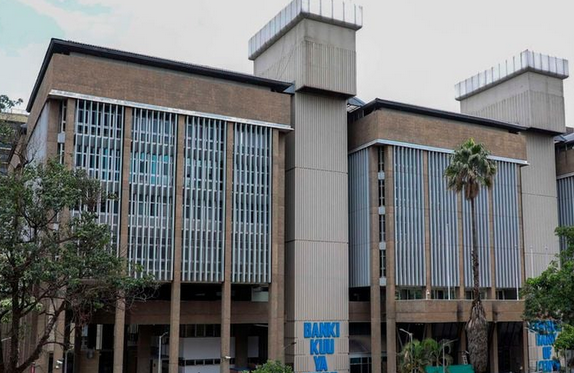

The Kenya Bankers Association (KBA) has announced that it is working to reduce loan interest rates and make borrowing more affordable.
In a statement, KBA Chairperson John Gachora explained that recent cuts in the Central Bank of Kenya's (CBK) policy rate have implications for both deposit and lending rates in the market.
“Individual banks are notifying customers about reductions in loan rates starting from December 2024,” Gachora said.
He added that these reductions will continue progressively in line with evolving monetary policy and credit risk factors.
Acknowledging the role of banks in mobilizing deposits and extending loans, Gachora emphasized that banks will continue to lower loan interest rates while balancing this against the high cost of customers' deposits, which were locked in during a period of higher interest rates before CBK’s recent cuts.
Gachora also noted that the banking sector has transitioned to a risk-based credit pricing model.
“Each bank is required to assess its customers' risk profiles and price credit accordingly,” he explained.
This pricing is based on the bank's approved base rate and its valuation of the risk premium.
He clarified that while base rates reflect the CBK rate and government borrowing costs, the risk premium accounts for market conditions, such as the level of non-performing loans and challenges borrowers face that may hinder their ability to repay loans.
The KBA chairperson acknowledged that many borrowers are still facing financial strains, driven by the rising cost of living, business operation costs, delayed payments to businesses, and reduced consumer demand due to lower disposable incomes.
These challenges, he added, elevate risks for consumers and make lending at lower rates more difficult.
To unlock access to affordable credit, KBA is working closely with the government and other stakeholders to address broader issues hindering credit growth.
These include reviewing risk-based pricing models, resolving delayed payments to businesses, and clearing the litigation backlog.
This announcement follows the Central Bank's call for commercial lenders to pass the benefits of ongoing monetary policy interventions to consumers as CBK plans to further cut its benchmark rates.
“CBK’s request for banks to lower rates is not political; it’s about fairness. When the CBK raised the policy rate, banks quickly increased their lending rates. We are simply asking them to act the same way now that rates are being lowered,” said CBK Governor Kamau Thugge.
Thugge emphasized that lowering lending rates would stimulate economic activity, benefiting both banks and the economy, with banks potentially earning more profits as more credit is made available.









